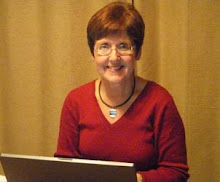
In a recent survey, I was asked by readers to write about 2-1-1. I had never used this service but the request intrigued me. How widespread is 2-1-1 and what benefits does it provide?
Here's a brief summary of what I found. (If you've used 2-1-1, please leave a comment sharing your experience.)
As of March, 2009, 46 states (including Washington, DC and Puerto Rico) have established 2-1-1 lines to simplify access to information and expand availability of human services to individuals and families. Instead of dialing 911 (for an emergency), individuals dial 211 (for information). Trained operators link callers to social services and local programs. The information to specifically support the elderly includes: home health care, adult day care, congregate meals, Meals on Wheels, respite care, transportation and homemaker services.
In 2008, 2-1-1 services took 14 million calls. "While services that are offered through
This service is even available to children of aging parents who live somewhere else in the country. They can access the 2-1-1 website and enter their parents' zip code. The resulting web page displays complete information about the "supporting agency" in that area. The daughter or son can then quickly make a long distance phone call and get linked to social services and programs local to their parents.
This service is spearheaded by the United Way and the Alliance for Information and Referral System (AIRS). Legislation currently under consideration would provide federal money to states starting or enhancing a
Click here for the 2-1-1 website



